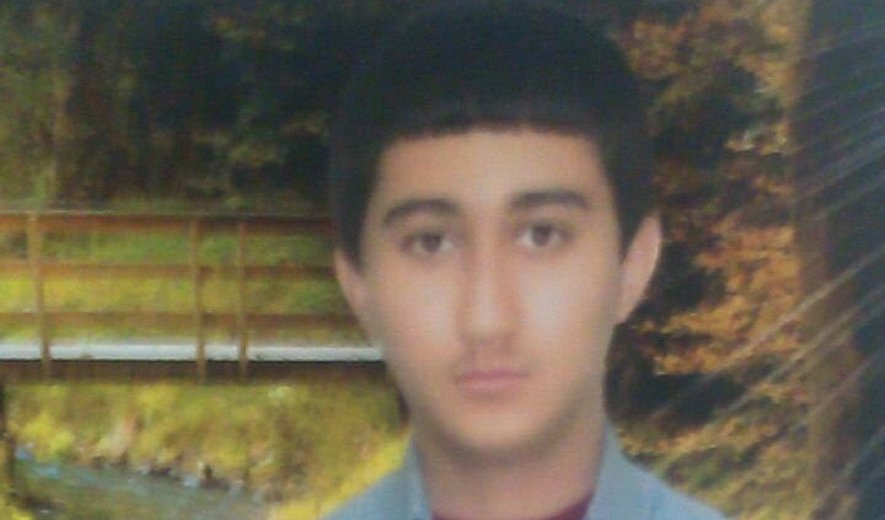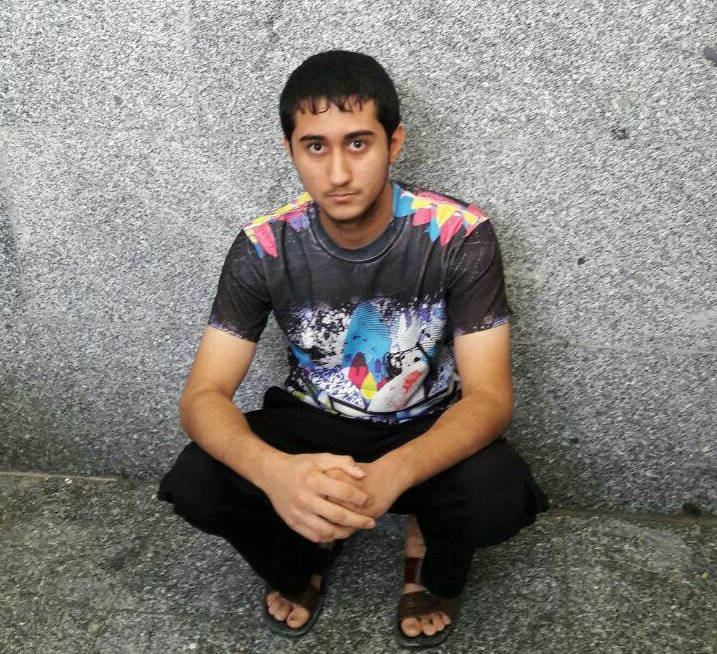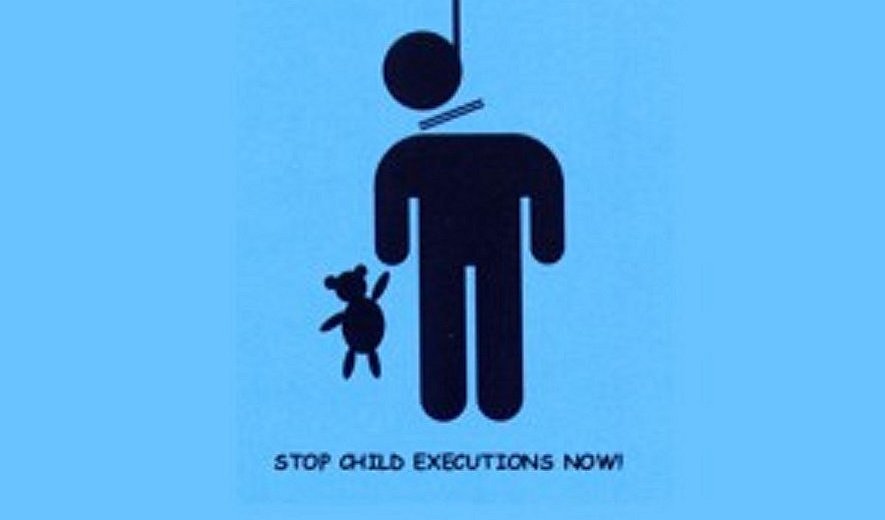Juvenile Offender Executed in Iran

Iran Human Rights; June 28, 2018: According to Amnesty International sources, Abolfazl Chazani Sharahi, a juvenile offender charged with murder at the age of 15, was executed on Wednesday, June 27 at Qom Central Prison. This is the fourth juvenile offender executed in Iran since the beginning of 2018.
Execution of juvenile offenders in Iran continues despite repeated criticism by the international community.
Iran Human Rights calls on the international community, especially European countries, to act in order to stop the execution of juveniles in Iran. Mahmood Amiry-Moghaddam, the spokesperson for IHR, said, “The friendly relations between Iran and European countries must lead to improving the situation of the human rights in Iran. Stopping the execution of juvenile offenders must be a precondition for the friendly relationship between Iran and the European countries.”
Iran Human Rights had earlier reported warned against the possible execution of the juvenile offender Abolfazl Chazani who was sentenced to death on the charge of murder during a street fight.
Abolfazl Chazani Sharahi, son of Asghar, was born on January 19, 1999, and he was only 15 at the time of the crime.
Abolfazl was examined by a forensic physician at the request of his public defender on July 20, 2014. According to the report, “The defendant, 15 years and five months old, committed murder in the winter last year and he is mentally mature and understands the nature of his action (murder).”
According to an estimation by Iran Human Rights, currently, more than 100 juvenile offenders are on death row in Iran’s prisons. Iran Human Rights has recently published reports regarding the danger of the execution of some of several juvenile offenders including Mehdi Khazaeian, Pouria Tabaei, Mohammad Reza Haddadi, and Mohammad Kalhor.
Iran is one of the few countries that punish crimes committed during adolescence by death. Meanwhile, based on Article 91 of the new Islamic Penal Code, approved in 2013, judges can potentially deny issuing a death sentence for juveniles who do not understand the nature of their crime.
It is worth mentioning that the Convention on the Rights of the Child, which Iran has ratified, clearly bans execution and life imprisonment of juveniles.
In 2017, at least five juvenile offenders were executed in Iran.



